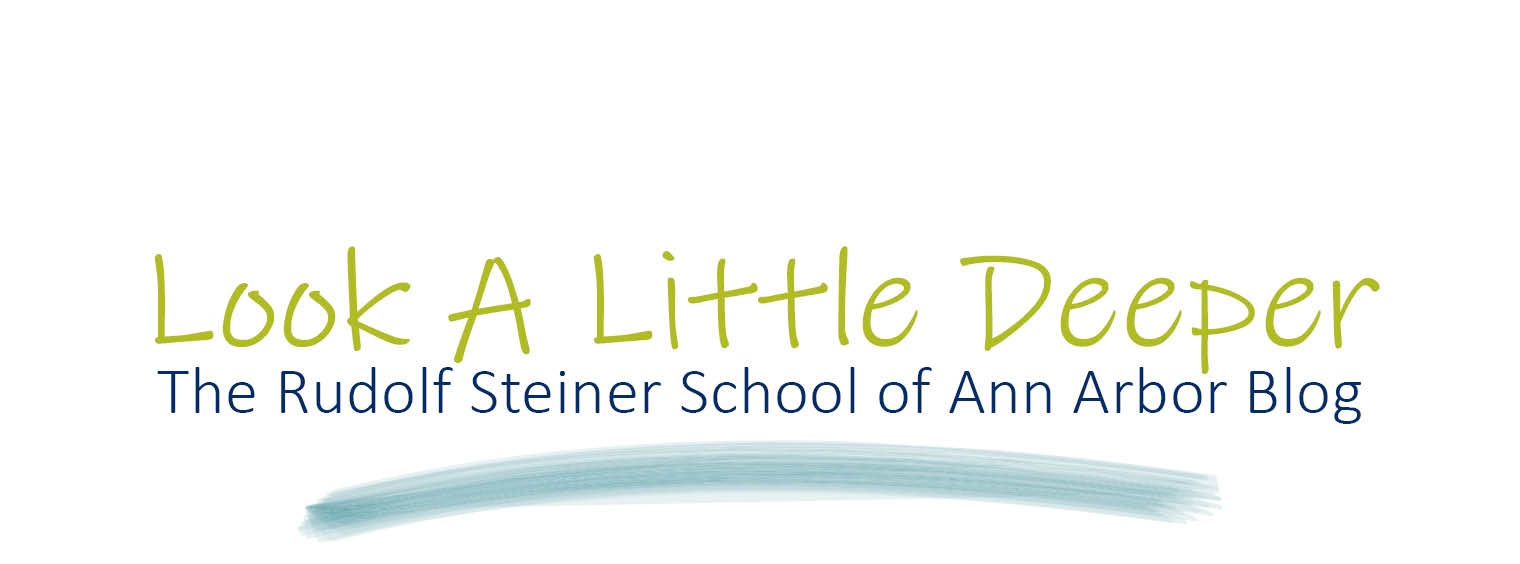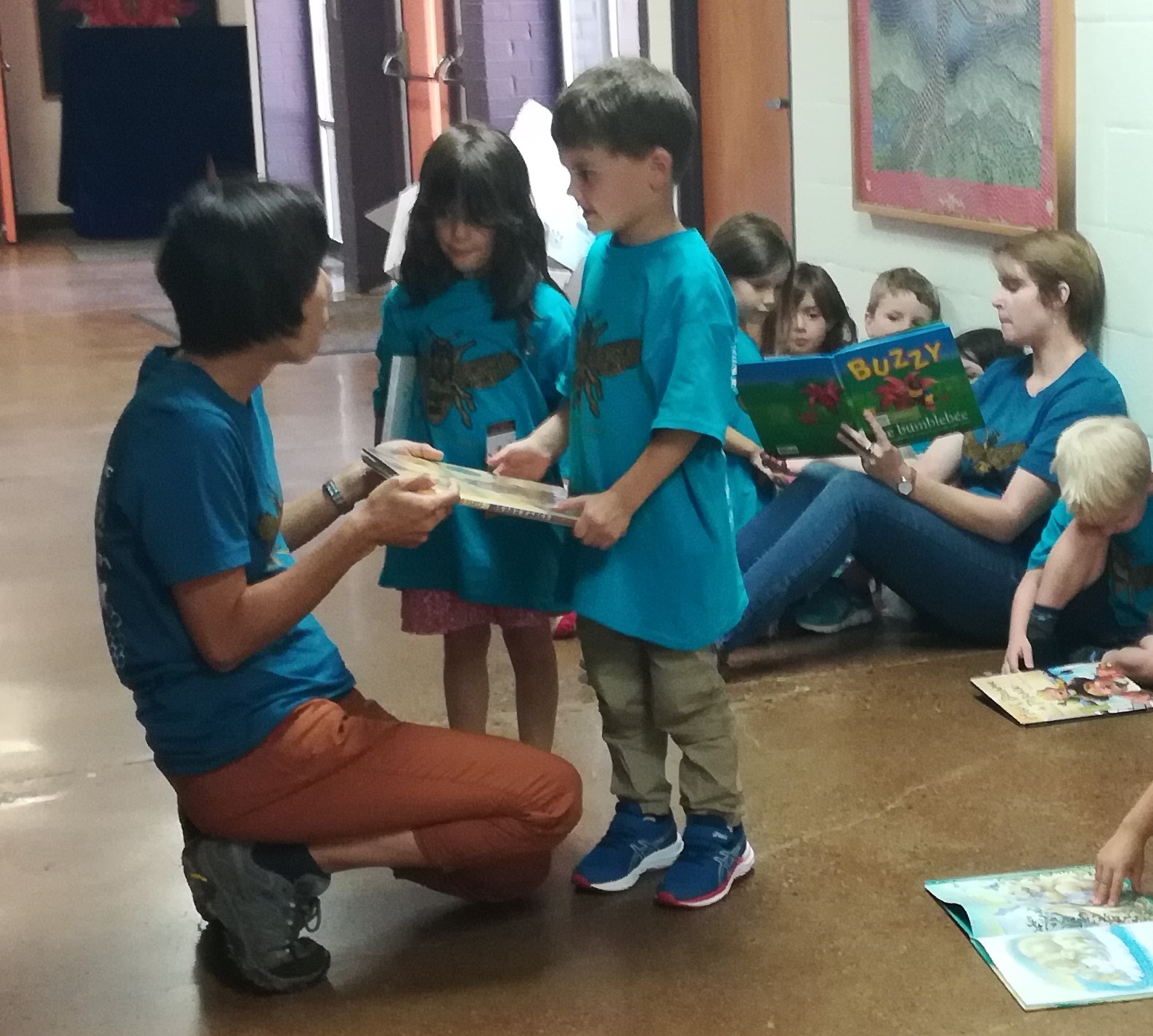

Why Our Brains Love Stories

We all love a good story. Stories capture our hearts and engage our imaginations. But what about stories and our brains?
Turns out, stories are good for our brains, too!
How is it that stories can have such a powerful impact on the way we live our lives? Here’s an article about the science of stories from the website Daily Good: News that Inspires ~ How Stories Change the Brain. This article explains how stories grab us.
And once a story captures our attention for long enough, we begin to empathize with the characters and something called “empathy transportation response” occurs.
Stories are an effective way to transmit important information and values from one individual or community to the next. Stories that are personal and emotionally compelling engage more of the brain, and thus are better remembered, than simply stating a set of facts.
In every culture, stories are passed on to help preserve its history.
For centuries, stories have been shared for multiple purposes: entertainment, education, cultural preservation, and instilling values.
Another benefit of stories is that they create a connection between reader or teller and listener. Steiner said that story is part of the teaching and that “teaching is communication from soul to soul.” This is the heart connection that is an essential part of the Waldorf approach.
A story is like a line, a wire between the teller and the listener. Both people hold each end of it, and the story walks on that wire between them.” ~Donald Davis, author/storyteller
Oh, and good stories help us to remember as well! The four-step structure of stories—beginning (Once upon a time...), problem, resolution, and ending (...and they all lived happily ever after)—forms a mental map onto which new information can be laid. With time that map expands to include narratives in which the ending is not always “and they all lived happily ever after”, but rather an opportunity for the student to explore or discover possible outcomes - whether in algebra, history or any subject.
So the next time you gather around the campfire or curl up on the couch to share a good story with your children, have confidence that important cognitive development is going on!
Our brains (and hearts) love stories.
